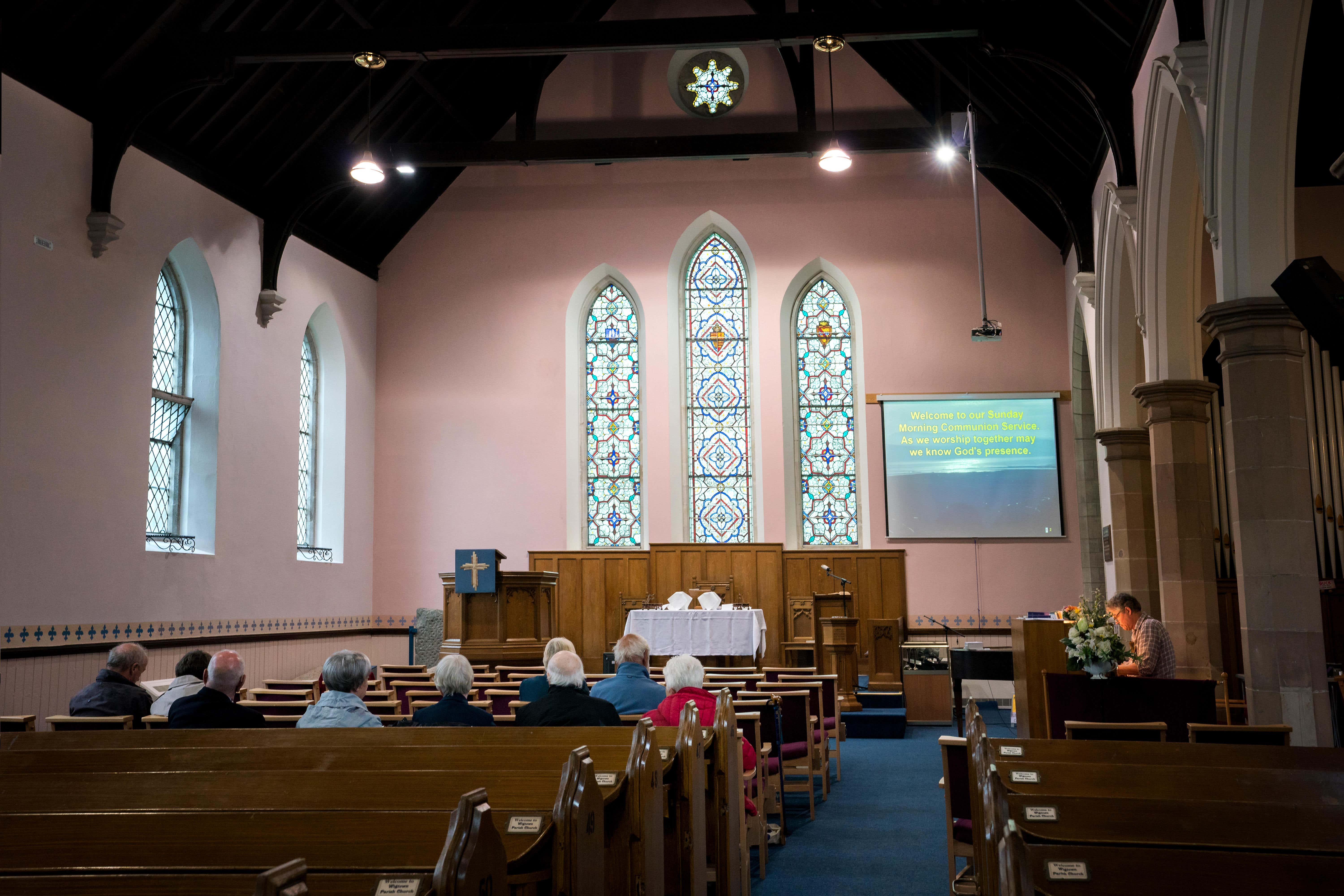Less than half of people in England and Wales identify as Christian, census reveals
Some 46.2 per cent of population of England and Wales described themselves as Christian

The proportion of people in England and Wales identifying as Christian has fallen below 50 per cent for the first time, according to census data.
Some 46.2 per cent of the population described themselves as Christian on the day of the 2021 census, down from 59.3 per cent a decade earlier, the Office for National Statistics (ONS) said.
This is the first time the proportion has dropped below half.
The percentage of people saying they had no religion jumped from around a quarter in 2011 (25.2%) to over a third in 2021 (37.2%).
There were increases in the proportion of people describing themselves as Muslim (up from 4.9% to 6.5%) and Hindu (from 1.5% to 1.7%).
London remains the most religiously diverse region of England, with just over a quarter (25.3%) of people on the day of the 2021 census reporting a religion other than Christian.
South-west England is the least religiously diverse region, with 3.2 per cent selecting a religion other than Christian.
The religion question was voluntary on the 2021 census but was answered by 94.0% of the population of England and Wales, up from 92.9 per cent in 2011, the ONS added.
The Archbishop of York said the country had “left behind the era when many people almost automatically identified as Christian”.
The Most Rev Stephen Cottrell said: “It’s not a great surprise that the census shows fewer people in this country identifying as Christian than in the past, but it still throws down a challenge to us not only to trust that God will build his kingdom on Earth but also to play our part in making Christ known.”
Humanists UK ran a campaign in the run-up to the 2011 and 2021 censuses encouraging non-religious people to tick the “no religion” box on the form.
Chief executive Andrew Copson said the figures should be a “wake-up call which prompts fresh reconsiderations of the role of religion in society”.
He said: “These results confirm that the biggest demographic change in England and Wales of the last 10 years has been the dramatic growth of the non-religious.
“They mean the UK is almost certainly one of the least religious countries on Earth.”
The 2021 survey, carried out on March 21 last year, was filled out by more than 24 million households across England and Wales.
The data released on Tuesday covers ethnicity, religion, national identity and language.
It also found that:
- The number of people in England and Wales identifying their ethnic group as white has fallen by around 500,000 over a decade.
- In 2021, 91.1% (52.6 million) of usual residents aged three years and over had English (English or Welsh in Wales) as a main language.
- 90.3% (53.8 million) of usual residents identified with at least one UK national identity (English, Welsh, Scottish, Northern Irish, British and Cornish).
The census takes place across the UK every 10 years and provides the most accurate estimate of all the people and households in the country.
More data will be published in stages over the next two years.
Bookmark popover
Removed from bookmarks